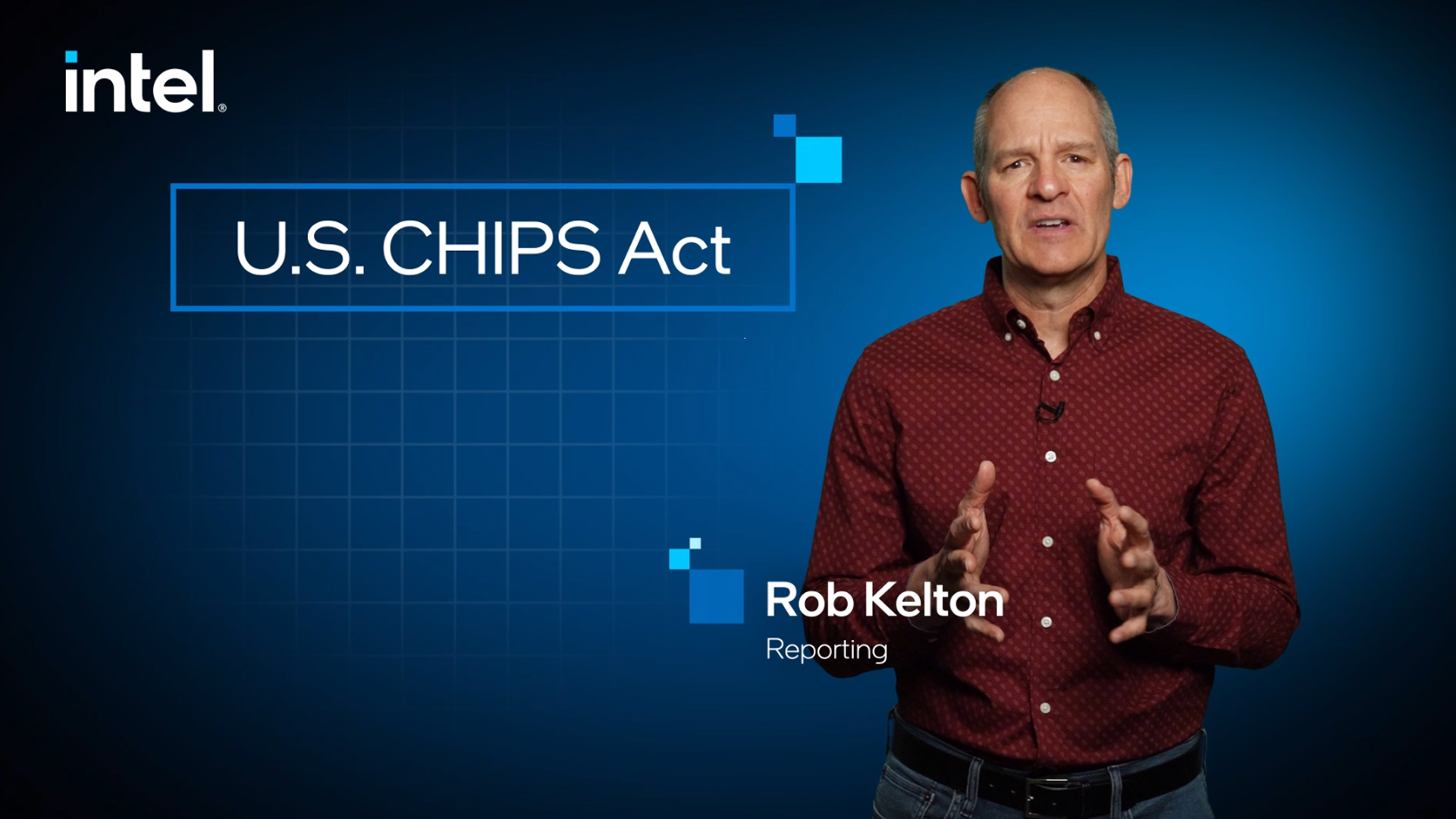
The US CHIPS Act: Why Intel Supports It
Intel’s leaders support the act to incentivize more private-sector investment with the hope it will enable a resilient and innovative semiconductor supply chain.
"In 1990, 80% of the world’s semiconductors were produced in the U.S. and Europe. Today, 80% are produced in Asia, where countries provide substantial incentives to domestic semiconductor industries. This helps create a 30% to 50% cost disadvantage for companies that produce semiconductors in the U.S."
I would like to know more about these "substantial incentives". Does anyone have fact based research on this? Does TSMC and Samsung get government money for new fabs?
"This helps create a 30-50% cost advantage" Where does this number come from? "Helps create"? I'm not buying it. Show me the numbers!


